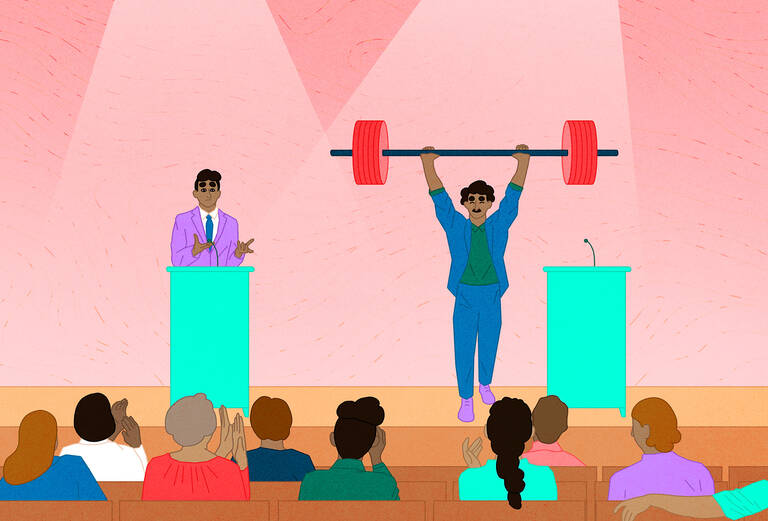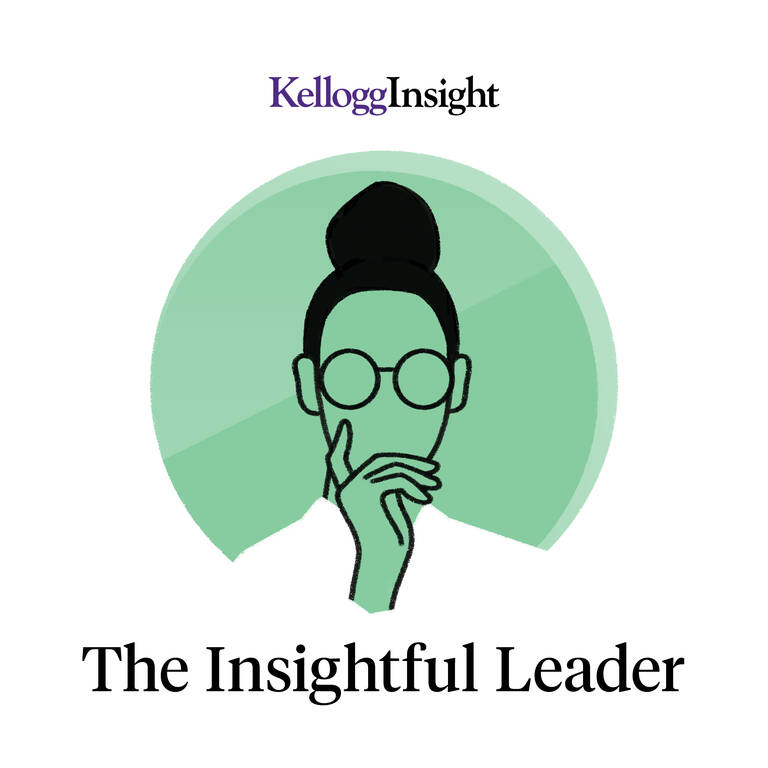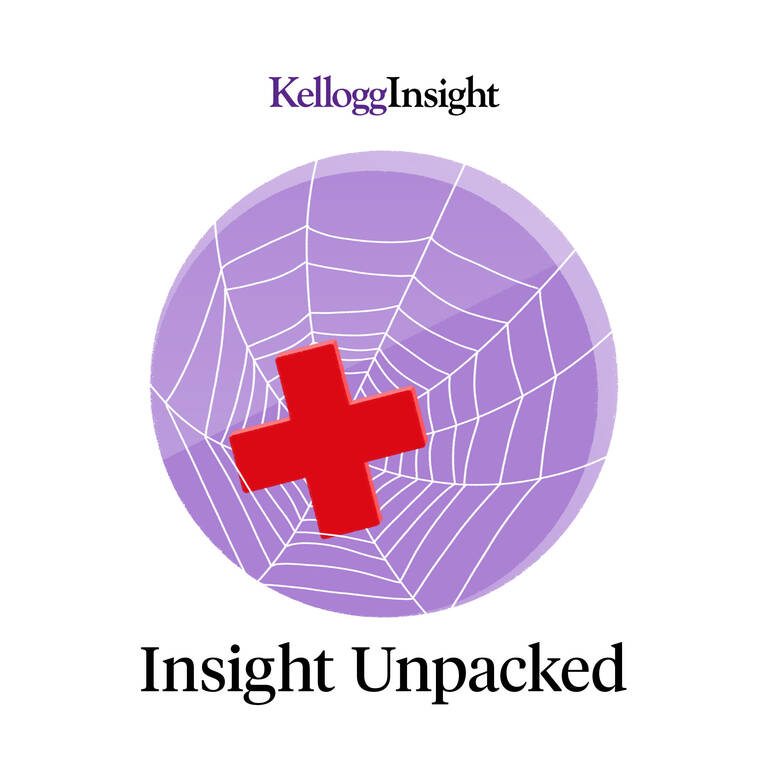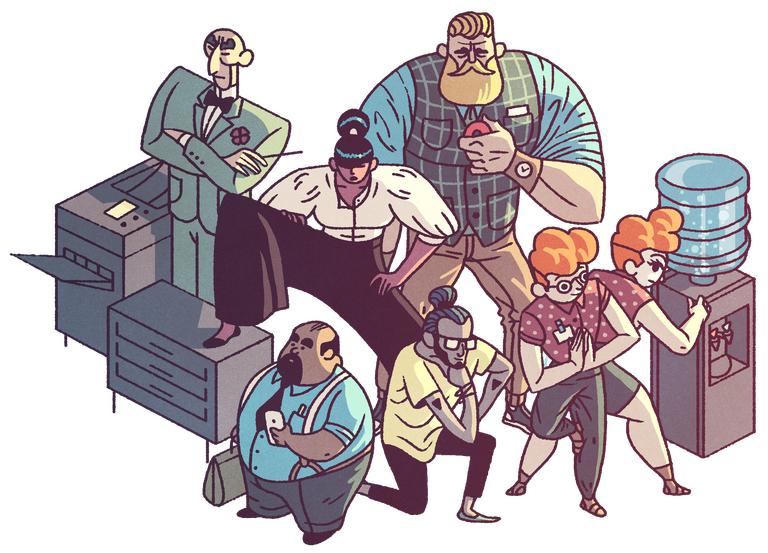
Kellogg researchers reveal a set of best practices—based on simulated missions to Mars—to keep teams working together effectively.
From ketchup on hot dogs to politics, it can be hard to talk constructively about polarizing issues. On this episode of The Insightful Leader, we play a game to recognize the traps we often fall into and learn how to avoid them.
A study of armed conflict in the post–World War II era finds that no matter the outcome on the battlefield, economies suffer on all sides.

Standardizing production has helped massive companies like IKEA, Starbucks, and Coca-Cola outscale their competitors.
It’s not just about salary. On this episode of The Insightful Leader’s “Ask Insight,” we hear how to approach some common work tensions by finding common ground.
It’s more than just being logical and analytical, research shows. But misperceptions can affect how people are treated and how much they are paid.

A leaflet campaign during the 2023 Argentine presidential election was expected to hurt an outsider candidate but had the opposite effect. What went wrong?

A new study of smartphone habits reveals that, in the runup to the 2024 U.S. presidential election, political content was mostly an afterthought.

The people you meet over your career can be an invaluable resource for discovering what you needed to know.
There’s no “correct” approach to laying people off, but on this episode of The Insightful Leader, we discuss how you can maintain your integrity through the process.
Whether you’re considering a job change or looking for a hot streak, research and insights from Kellogg faculty can help.

A new game helps people find common ground on divisive issues. But you don’t need to play to practice its principles.
On this episode of The Insightful Leader, an executive coach offers three tales of leaders who let complacency get in the way of success.
Scientists who receive the Nobel Prize and other accolades do more-novel work both before and after winning, new research finds.
A new model shows why women lag behind in leadership roles—and how two policies could help narrow the career gender gap.
Conventional wisdom says that minority-owned branding limits your audience. That’s not the case for cannabis and psychedelics.

A study of voter preferences in the U.S. and Europe—across a wide range of races, ethnicities, and political affiliations—reveals why.
It’s the hot new C-suite role, but not every business needs the same strategy.
Four tips from a CEO to get out of your comfort zone and help your company fly.










